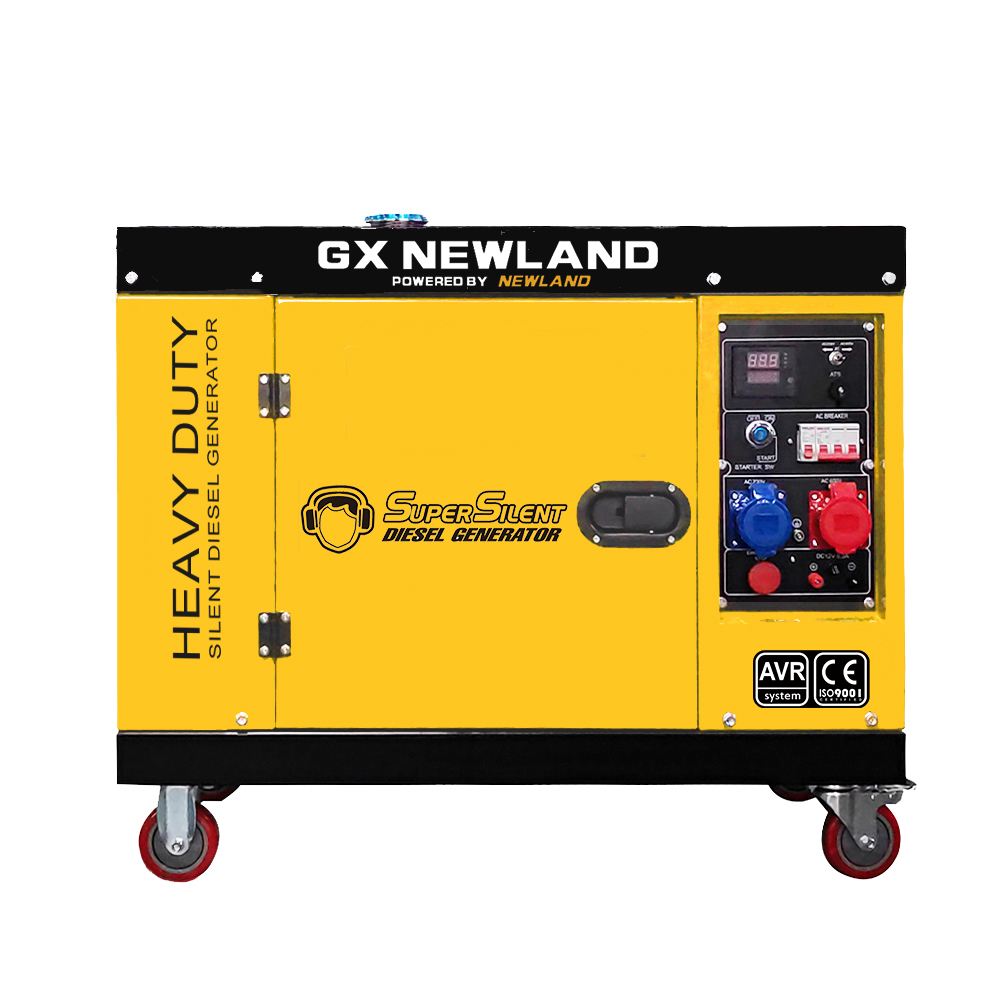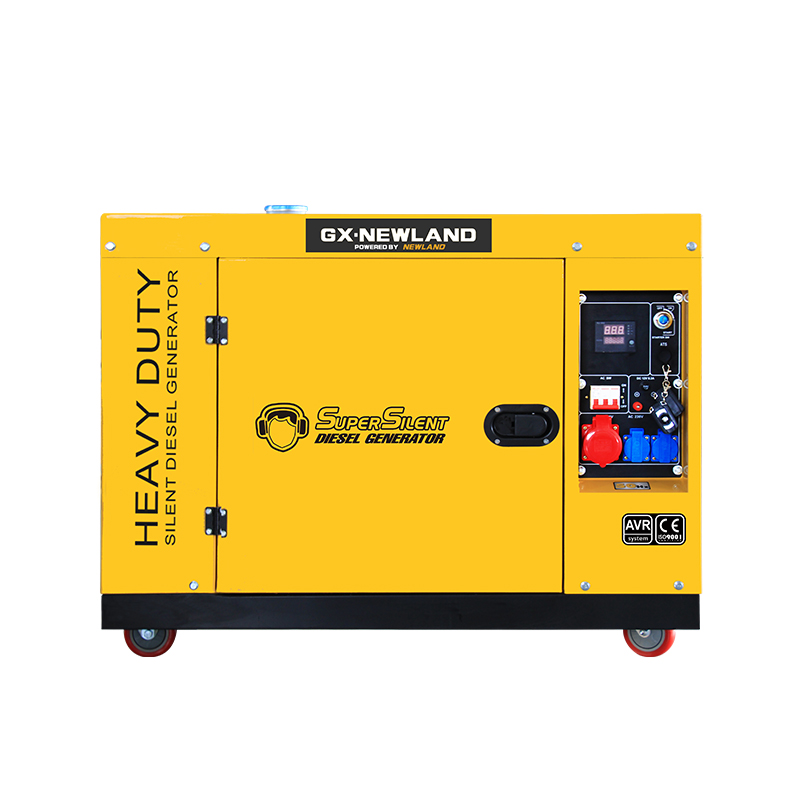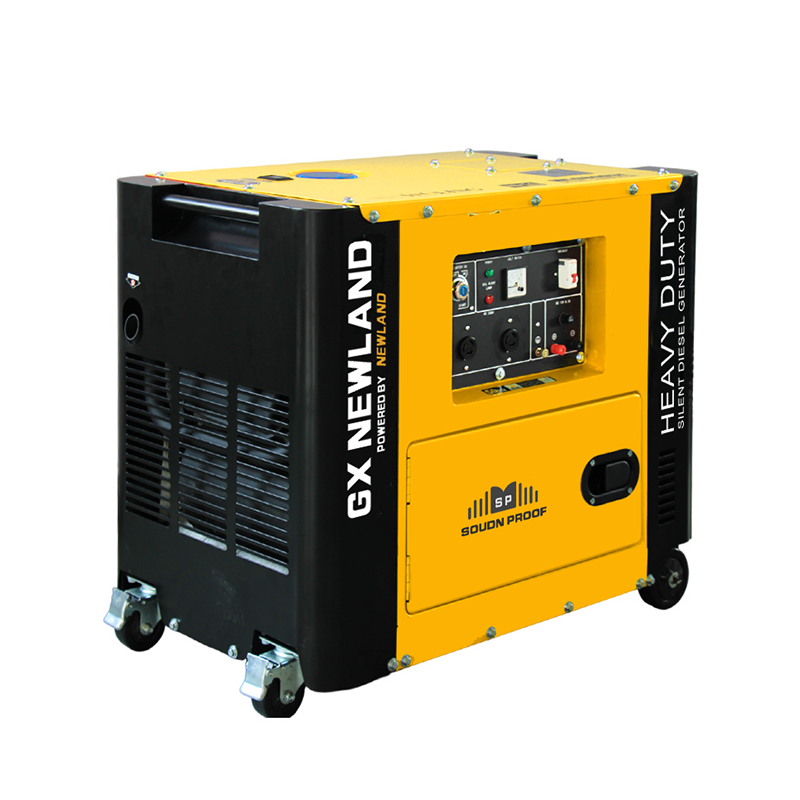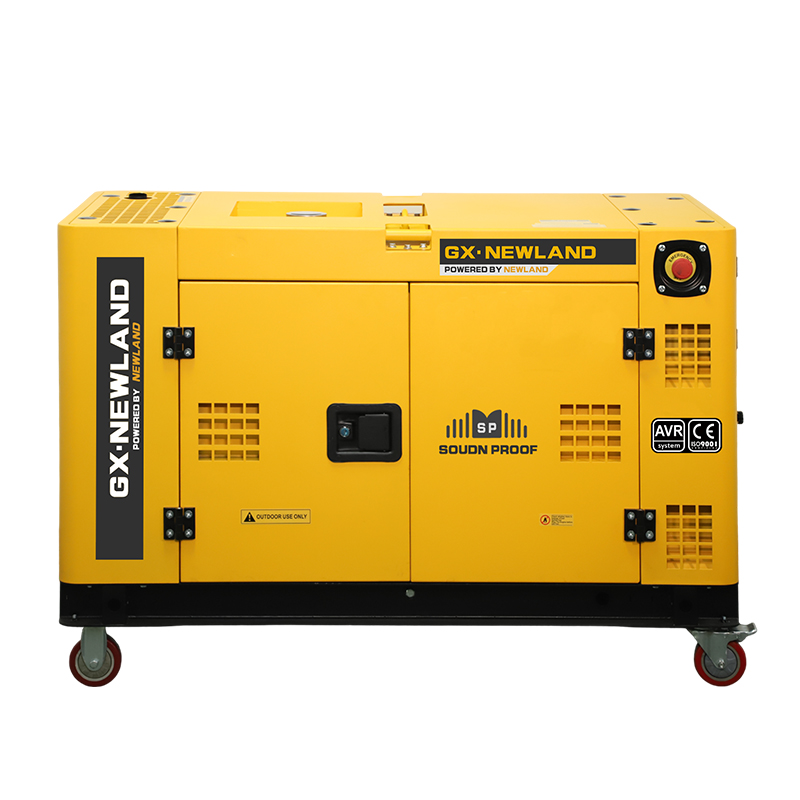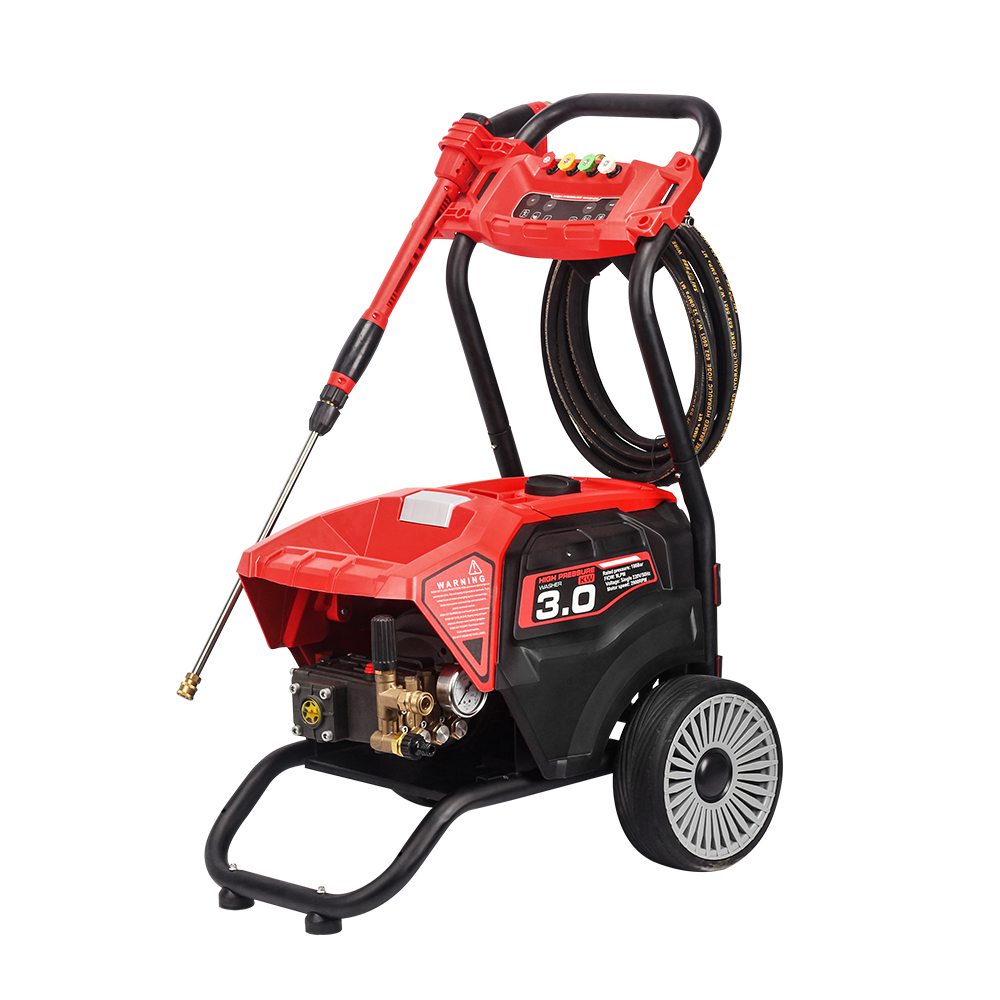Diesel and gasoline high-pressure cleaners belong to the equipment for adding fuel. Why do domestic manufacturers produce cleaning equipment for two kinds of fuels? What is the difference between these two kinds of fuels:
1. Diesel high-pressure cleaners are not easy to volatilize, so the use of diesel high-pressure cleaners is prone to peculiar smell and smoke. This is a common occurrence, and of course a fuel powered washer produced by good technology will have no smoke and less smell.
Although the fuel price of gasoline pressure washer is slightly higher, it is not volatile and easy to mix with air, so it will have a great smell in daily refueling, but gasoline will be very full when burning, so the smell is small and the amount of smoke is small.
2. The energy is different. Gasoline is lighter than diesel and has smaller components. Therefore, when burning, diesel produces more carbon. When the fuel is sufficient, diesel has more energy. Therefore, diesel is suitable for providing energy for large high-pressure cleaners. , and when the thermal efficiency is similar, it is more fuel-efficient to use a diesel cleaning machine.
3. The flammability is different. Because the gasoline molecules are small, the ignition point is lower. When the gasoline cleaning machine is started, it will enter the appropriate air, compress it, and compress it to the ideal ignition point. The cleaning machine using diesel oil has a higher carbon content. More air is needed, and a compression ratio of 15-18 is required to mix and compress to complete fuel, because diesel is not easy to ignite.
4. Emissions are different. The main emissions from gasoline combustion are carbon monoxide, hydrocarbons and nitrogen oxides.
Diesel engines are prone to soot, which mainly emits particulate matter and nitrogen oxides. Therefore, some industries that have requirements on emissions will be more careful when choosing a fuel or gasoline pressure washer, and pay attention to this.

 英语
英语 中文简体
中文简体 俄语
俄语